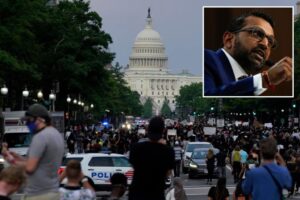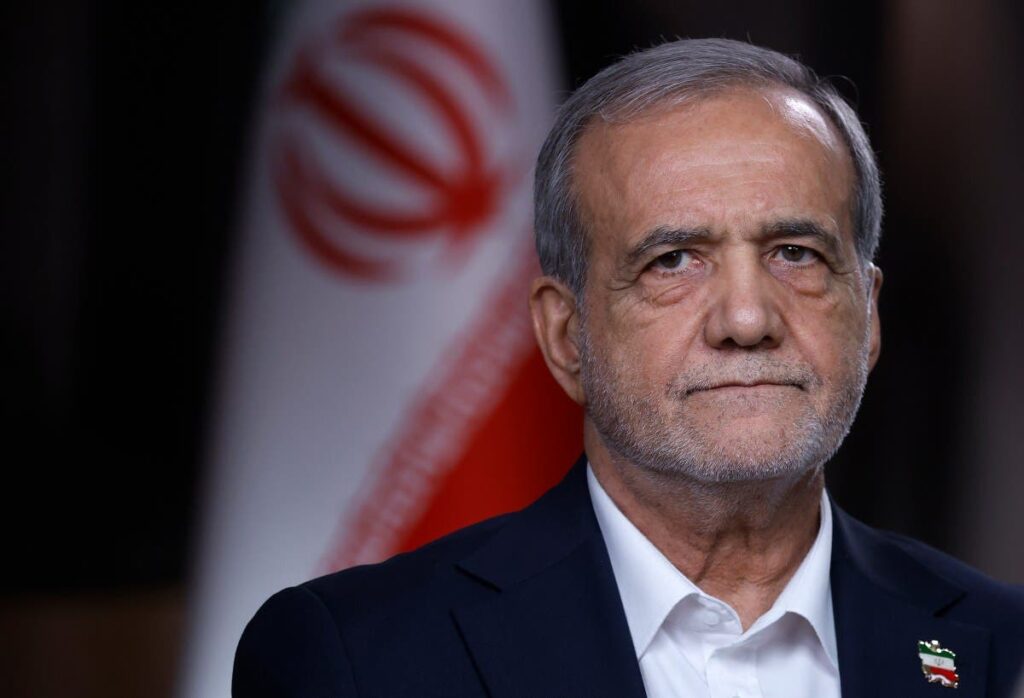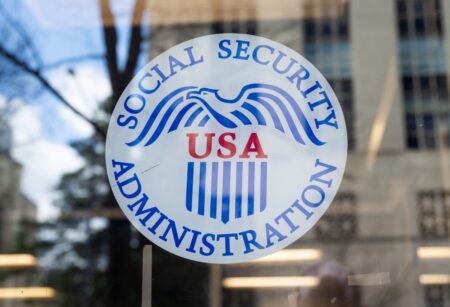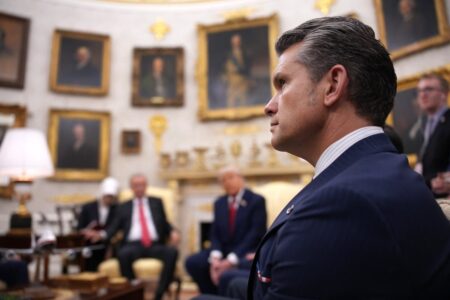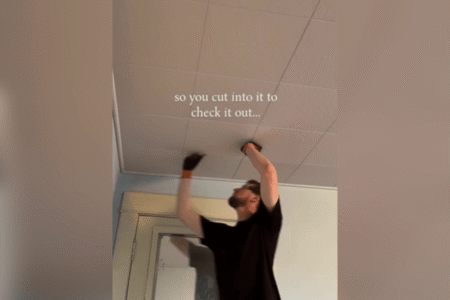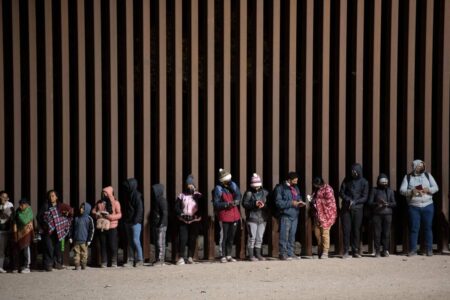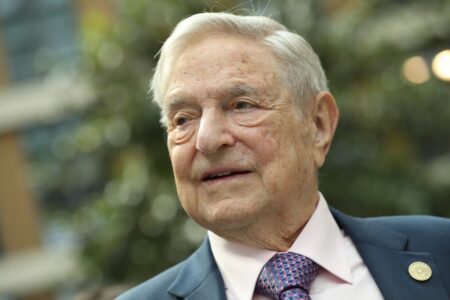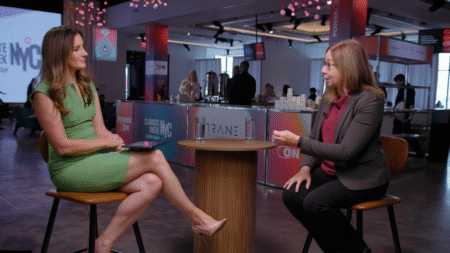Iranian President Masoud Pezeshkian has pledged to remain party to a crucial nuclear treaty aimed at preventing the spread of nuclear weapons, while arguing recent attacks by Israel have fostered newfound cohesion among Tehran and Arab nations across the Persian Gulf.
Such regional ties may prove crucial with Iran reeling from its “12-Day War” that saw both Israel and the U.S. strike the Islamic Republic’s nuclear facilities in June, drawing no intervention from Iran’s strategic partners China and Russia.
Asked by Newsweek during a gathering Friday on the sidelines of the United Nations General Assembly if guarantees from Beijing or Moscow would influence Tehran’s calculus on whether or not to remain in the landmark Treaty on the Non-Proliferation of Nuclear Weapons (NPT), Pezeshkian asserted that his government—under the direction of Supreme Leader Ayatollah Ali Khamenei—had made its decision.
“Quite frankly, all I can say is we are not going to leave the NPT, whether they help us or don’t help us,” Pezeshkian said in response to Newsweek‘s question. “We’re not in our current position because China or Russia helped us or didn’t help us, and we do not have any intention to leave the NPT.”
At the same time, the Iranian president, who took office last August after securing a surprise win on a reformist ticket against hard-liner rivals, acknowledged that there was a growing chorus of dissenters within the Islamic Republic pushing his government to abandon the treaty, especially as Iran is imminently set to face so-called “snapback” sanctions in the absence of progress in nuclear negotiations with Europe and the U.S.
“There are certain groups or movements or individuals who seek for us trample upon all relationships and agreements, but that’s not what we seek to do,” Pezeshkian said. “And the supreme leader seeks for us to move in this direction, not exit these frameworks and constructs.”
“We will behave accordingly,” he added.
A New ‘Cohesion’
Pezeshkian asserted that Iran was not in need of foreign support despite the looming intensification of economic restrictions against his nation.
“I don’t have my heart tied to anyone other than the people of Iran and my supreme leader,” Pezeshkian said. “Whichever foreign countries or entities want to cooperate or collaborate with us, they can do so if they wish. If they don’t, that’s fine.”
Yet there has been movement in such cooperation, particularly with Russia. While Pezeshkian was in New York, Iranian and Russian officials inked a $25 billion deal to allow state-run Rosatom to construct four nuclear plants in the Islamic Republic, which the Iranian president repeatedly emphasized was forbidden from pursuing or obtaining weapons of mass destruction of any kind, including nuclear, by an Islamic ruling from Khamenei.
Also this week, Iranian lawmaker Abolfazl Zohrevand told national media that Iran had received a batch of MiG-29 fighter jets, presenting a “short-term solution” to the country’s largely outdated air force after years of Russian promises to deliver state-of-the-art warplanes.
But other developments closer to home may present even more substantial shifts in the regional security equation. Just three months after Iran received regional scorn for striking a U.S. base in Qatar in response to President Donald Trump’s orders to bomb three Iranian nuclear sites, Qatar was targeted by Israel in an attempted assassination of top Hamas leaders that led to the deaths of five members of the Palestinian group, as well as a member of the Qatari Internal Security Force, sparking an even more indignant regional outcry.
Earlier this week, Qatari Foreign Ministry spokesperson and adviser to the prime minister Majed al-Ansari told Newsweek the strike had “changed the region forever” and created a “new threat perception” toward Israel. Al-Ansari said at the time that Iran’s attack was “not taken lightly,” either, but asserted that his nation and fellow Gulf Cooperation Council members were dedicated to pursuing diplomacy with Tehran, which—unlike Israel—apologized and offered assurances of no follow-up attacks.
Pezeshkian stated Friday that this perception would only serve to build bridges between Israel’s critics in the Arab world and beyond, acknowledging how Saudi Arabia recently signed a defensive pact with nuclear-armed Pakistan.
“Defensive agreements are taking place, as we all know, throughout the region,” Pezeshkian said. “Israel is the cause of this elevated concern throughout the region, whether they wished for this or not, and I guess this was not their hope. There has been more unity and cohesion in the region.”
“Before a year ago, everyone was under the mistaken assumption that Iran was the cause of chaos and instability in the region,” he added. “Now, [Israel has] shown their true face.”
Meanwhile, he added, “we’re talking to neighbors, increasing collaboration, improving relations,” while, “it is, in reality, Israel who is fanning the flames of conflict.”
A ‘Wall of Mistrust’
Shortly before the gathering Friday, the U.N. Security Council failed to adopt a resolution that would stave off the snapback mechanism through which signatories to the original 2015 Joint Comprehensive Plan of Action (JCPOA) would deem Iran in violation of the nuclear deal, triggering the return of international sanctions.
The JCPOA has been in a state of deepening decay since Trump abandoned it during his first administration in 2018, prompting U.S. sanctions that have driven away most European commerce and drawn Iranian retaliation through accelerated uranium enrichment.
Following former President Joe Biden’s failure to secure a new deal, the second Trump administration entered talks with Iran aimed at securing a new agreement. These negotiations fell apart in June as Israel commenced the sweeping series of attacks against Iran that sparked the “12-Day War” just two days before another round of talks between Washington and Tehran were set to begin.
Now, Pezeshkian asserts that “the wall of mistrust between us and the Americans is quite thick and quite high.” He recounted a number of occasions he said his delegation and European counterparts reached agreements, only to be met with U.S. rejection and new conditions.
As for Trump’s position, the U.S. leader lauded during his U.N. General Assembly speech Tuesday both the killing of senior Iranian commanders at the hands of Israel as well as his own efforts to put an end to the brief but bloody conflict in the aftermath of unprecedented U.S. strikes.
Trump framed these events as consequences for Khamenei having rejected a “very generous offer” from the White House at the start of renewed negotiations, explaining that his “position is very simple: the world’s number one sponsor of terror can never be allowed to possess the most dangerous weapon.”
Pezeshkian made reference to this declaration, arguing that if this was the only stipulation for advancing toward a new deal, there was no conflict.
“If [Trump is] telling the truth and the only objective is to prevent us from achieving nuclear weapon capabilities, then we are on the same channel,” Pezeshkian said, “and it’s easy to resolve and give assurances.”
On the other hand, “if they want to keep bullying us,” he argued, “we will not kneel.”
Read the full article here



